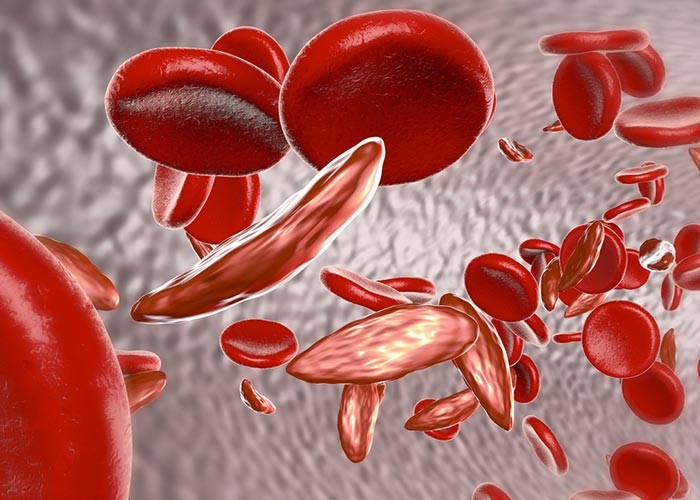As Nigeria grapples with the highest rate of Sickle Cell Disease (SCD) globally, researchers and health leaders have stressed that prevention—especially through informed partner selection—remains the most cost-effective and impactful way to curb the disease’s prevalence.
This message was at the forefront of discussions during a recent public lecture organised by Yakubu Gowon University’s Centre of Excellence for Sickle Cell Disease Research and Training (CESRTA) in partnership with the university’s College of Health Sciences.
In her address, Professor Patricia Lar, Acting Vice-Chancellor, said the key to eliminating SCD lies in targeted awareness efforts and genetic screening before marriage. “If individuals take genotype compatibility seriously in selecting partners, the birth rate of children with SCD could be drastically reduced,” she stated via a speech delivered by Professor Titus Ibekwe.
While advanced therapies like bone marrow transplantation and gene therapy represent a new frontier, Prof. Lar noted they are still largely inaccessible due to high costs. “The future of treatment lies in gene correction, but prevention remains our strongest tool today,” she added.
Harvard-based haematologist Dr Maureen Achebe, who delivered the keynote lecture, revealed staggering statistics: 150,000 babies are born with SCD in Nigeria annually, making it the most affected country in the world.
“Sub-Saharan Africa sees 300,000 new SCD births each year, and half of these are in Nigeria. Yet most babies appear healthy at birth, which is why early screening is critical,” said Achebe, who also serves as Associate Professor of Medicine at Harvard Medical School.
She stressed the life-saving role of early diagnosis, routine vaccinations, infection prevention, and hydroxyurea therapy, all of which improve survival chances dramatically. Currently, the under-five mortality rate for children with SCD in Nigeria stands at up to 80 per cent.
Achebe also debunked common myths, clarifying that SCD is a genetic disorder—not a result of spiritual causes—and urged the public to normalise conversations around genotype status before marriage.
Prof. Obiageli Nnodu, CESRTA Director, said the centre, established in 2015, is leading research and training initiatives that aim to reduce the disease’s burden across Africa. She confirmed the recent upgrade of CESRTA to a national centre of excellence, an announcement made by Nigeria’s Minister of Health, Prof. Muhammad Pate, following the 5th Global Congress on SCD.
“We are determined to transform SCD care with innovative research, policy advocacy, and capacity building for healthcare providers,” said Nnodu.





